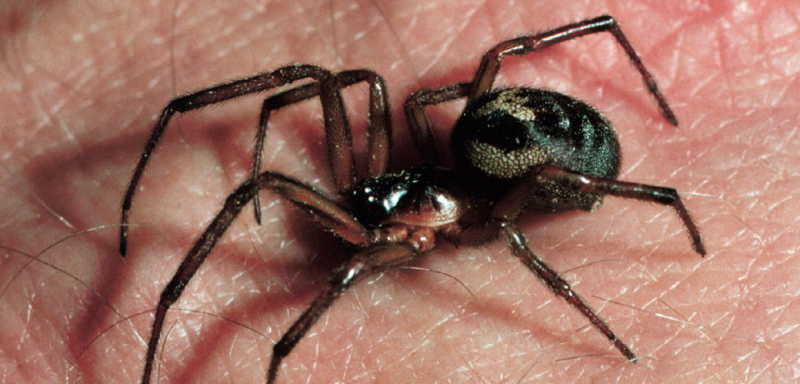Toxic from Black Widow Spider's bite
Black widow spiders don't always bite. The most frequent reason they bite people is self-defense. The spider is what some experts refer to as shy since it prefers not to bite people. According to Catherine Scott, an arachnologist at Simon Fraser University in British Columbia, Canada, "they have no motivation to bite us unless they're threatened" "They are considerably more at risk from us than we are from them."
It's not always harmful to just come in contact with a black widow. According to a 2014 research, people are more vulnerable to being bitten when they crush or pinch the spider's body. The authors discovered that even repeated probing was insufficient to result in a bite, however sitting on or unintentionally grasping a black widow while reaching for anything else can.
However, it's better to avoid contacting the black widow with bare hands, and staying away from the spider entirely is the best approach to prevent getting bitten. If a black widow must come into touch with someone, they should try to let the spider move on its own or guide it outside using a dull instrument.
All spiders have hollow fangs that they use to swat their victims with poison. The majority of spiders don't have powerful or long enough fangs to pierce human flesh. But the teeth of the black widow are distinct. A person may or may not experience pain when a spider bites them, according to the United States Office of Safety and Health Administration (OSHA). Two red punctures may occasionally be seen. Some people might not become aware of the spider bite until much later. However, after 30 to 40 minutes the area may begin to enlarge, get red, and emit agony. The danger of mortality from a bite is greatest in children and elderly individuals. These groups ought to keep as far away from black widows as they can.






